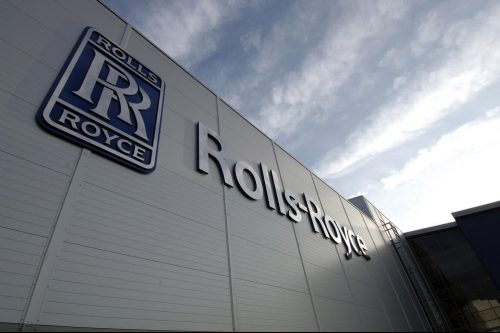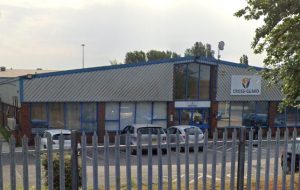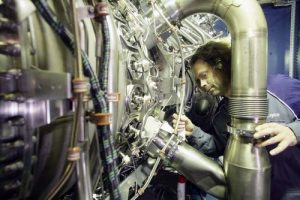Rolls-Royce signs JV with start-up to develop ‘exciting’ battery tech

Derby-based Rolls-Royce has signed a collaboration agreement with Bristol-based technology start-up Superdielectrics to explore the potential of using polymers with recently discovered “remarkable properties” to create next generation high energy storage technology.
The agreement will see Rolls-Royce and Superdielectrics’ work with researchers from the Universities of Bristol and Surrey, to develop battery technologies.
Dr Dave Smith, director of central technology, Rolls-Royce, said: “We are very pleased to be working with Superdielectrics at a time of rapidly-evolving developments in the energy storage industry. We bring deep experience of materials technology and advanced applications that require high energy storage capabilities with controllable rates of recovery.
“We believe that electrification will play an increasingly important role in many of our markets over the coming years and by working with partners on potential new technologies for energy storage we can ensure that Rolls-Royce is well positioned to take advantage of new developments.”
Jim Heathcote chief executive of Superdielectrics, said: “We are delighted to be working with Rolls-Royce in the global race to develop advanced energy storage systems. This agreement gives us access to their unparalleled scientific and technical expertise. I hope this agreement will ultimately create new jobs and business opportunities in the UK.”
Working with researchers from the Universities of Bristol and Surrey, Superdielectrics has been developing hydrophilic materials, similar to those originally designed for soft contact lenses, to increase the electricity storage capabilities of capacitors, which store electricity by creating electrostatic fields.
These “potentially exciting” dielectric polymers may provide an opportunity to create capacitors that are able to rival – and even exceed – the storage capacity of traditional rechargeable batteries. The resulting supercapacitors may also be able to charge much faster than existing lithium-ion batteries, says the firm.
The exact terms of the agreement between Rolls-Royce and Superdielectrics remain confidential.








